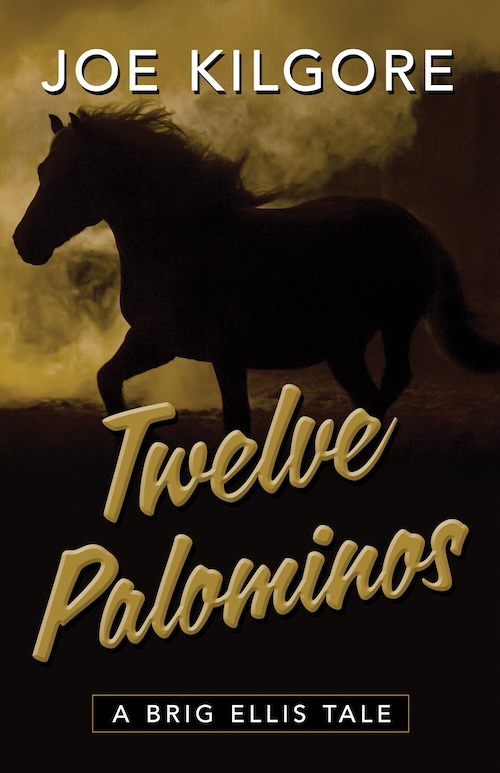The Literary Equivalent of Spontaneous Combustion
Much has been written about Norman Mailer. He is certainly one of the most famous authors of the last century. And while his prodigious writing talent is the source of most of that fame, his innate ability as a self promoter and a publicity magnate bear a large percentage of the responsibility as well. Two time Pulitzer Prize winner. Co-founder of The Village Voice. Harvard and Sorbonne alum. Persevering pugilist. Bad film director. Unpredictable chat show guest. His life seemed to be made for the television medium he grew up and grew old with.
Mailer and his contemporaries such as Truman Capote, Hunter S. Thompson, Tom Wolfe and more, are given credit for innovating what came to be known as narrative nonfiction, or the new journalism. And certainly Mailer’s works like The Executioner’s Song and The Armies of the Night are fascinating examples of truth scaling literary heights.
But I’d like to focus this post on Norman Mailer’s big bang fiction beginning. In 1948, Rinehart and Company published The Naked And The Dead. A big, meaty, page-turning and thought provoking novel of World War II. It was immediately met with a fusillade of praise. Time Magazine called it “the best novel yet about World War II. Newsweek said it was “brutal, agonizing, astonishingly thoughtful.” The Providence Journal hailed it as “the most important novel since Moby-Dick.”
The Naked And The Dead, along with James Jone’s From Here To Eternity and Irwin Shaw’s The Young Lions, tower above the infinite number of novels that sprung from that conflict. But Mailer, who was only twenty-four when he penned his masterpiece, seems, to this writer, to have best captured all the savagery, heroism, boredom, bravery, cowardice and and terrible coincidence that were part of that gigantic struggle.
The author tells his tale by focusing mostly on one platoon engaged in the battle for possession of the Japanese-held island of Anopopei in the South Pacific. Through the troop-ship taking them ashore to the rain-soaked days and nights in pup tents continually being blown away, to the final mission undertaken to provide recon for the larger invading force, Mailer weaves a tapestry of men engaged in human endeavor no human should be forced to endure. Cutting back and forth between the men on the island and their lives prior to the war, we live with this cross-section of Americans that have since become rather stilted stereotypes in lesser hands. But with Mailer at the helm, their fears, their desires, their longing for home and a safer place is mesmerizing. So too is the bigger picture that they are part of, as the author parallels the squad’s struggles with the battalion commander’s intricate offensive that must be achieved at any cost. And always looming overhead, for officer and enlisted man alike, is the constant need to come to grips with why they have to be where they are and whether they’re really making any difference at all.
Not unlike Orson Welles, who created a sensation in his youth with his film, Citizen Kane, a young Mailer wrote the great book about the great war. And while subsequent efforts in his long and storied life garnered fame and recognition for him as well as his works, none ever eclipsed the power of The Naked And The Dead.
